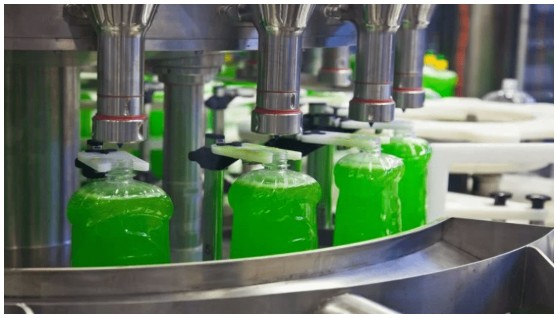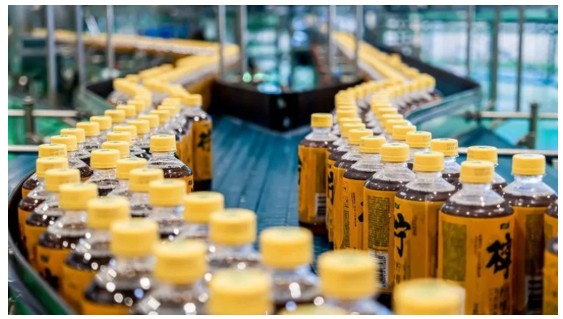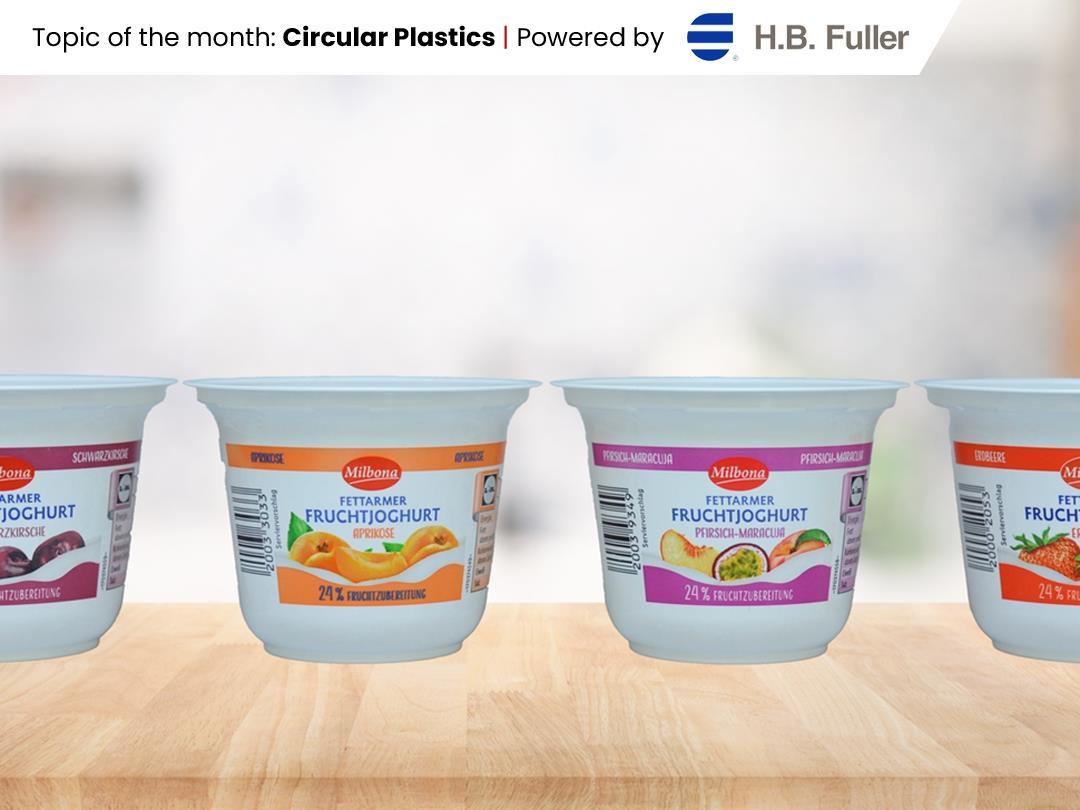SOUTH AFRICA – Heineken has committed R2.3 billion (US$119.58M) to its returnable bottle program in South Africa, more than doubling its share of returnable glass beer bottles, in line with its global ambition to achieve a 65 percent returnable glass bottle rate.
This move aligns with Heineken’s broader goal of achieving net-zero carbon by 2040 as part of its Brew a Better World strategy.
Recently, Heineken launched the returnable Star bottle, featuring the iconic Heineken star on its body and the Heineken name deeply etched into the glass.
The company’s investment emphasizes its commitment to sustainability and creating positive changes in the communities where it operates.
“The Heineken Returnable Star bottle is not just about clearing glass. We should always push ourselves to do more to create sustainable change in the communities where our business operates,” noted Heineken Beverages MD Jordi Borrut.
As part of its sustainability initiatives, Heineken plans to establish Heineken Green Zones in communities across the country, such as Phillipi in Cape Town and Eldorado Park and Lawley in Johannesburg.
These zones will feature open parks, meadows, food and flower gardens, and creative arts spaces, fostering sustainability-driven behaviors within communities.
“This initiative aims to promote sustainability-driven behaviors within communities and provide essential recreational areas that integrate food gardens and inspiring art installations.
The initiative will be run in partnership with GreenPop, which is a group dedicated to reforestation and urban green zones in sub-Saharan Africa,” Heineken announced.
In addition to the returnable bottle program and Green Zones, Heineken has invested in a water reclamation facility and a 6.5 MW solar power plant for its Sedibeng brewery, reducing carbon emissions by about 30 percent.
The company actively participates in various global sustainability initiatives, including the Climate Group’s RE100 program, We Mean Business Coalition, the Race to Zero movement, the Business Ambition for 1.5 °C, and the Climate Pledge.
Source:







